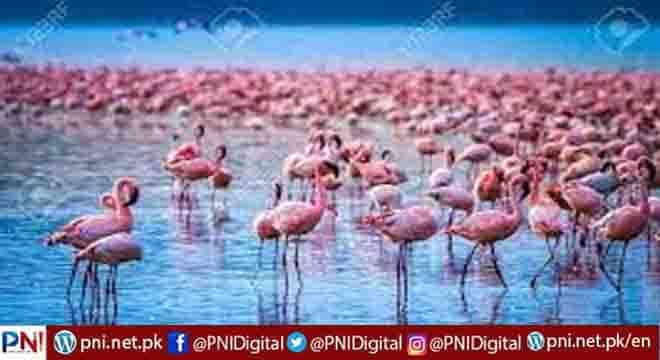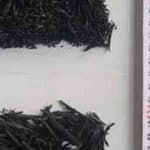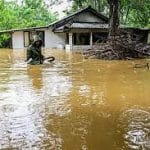NAIROBI, May 21 (Xinhua/APP): The human and climate induced threats to flamingos which inhabit Kenya’s alkaline Rift Valley lakes have mounted, hence diminishing the migratory birds’ population, local officials and scientists have said.
Caroline Mwebia, the deputy park warden at Lake Nakuru National Park, said that habitat destruction, climatic stresses, pollution and predation have emerged as existential threats to the survival of flamingos.
“Some of the challenges facing flamingos are related to habitat degradation, pollution of wetlands and fluctuation of lake water levels,” Mwebia told Xinhua at Lake Nakuru National Park, a world renowned flamingo habitat located 200 kilometers northwest of the Kenyan capital Nairobi.
According to Mwebia, Kenya’s alkaline Rift Valley lakes are crucial habitation for flamingos and other migratory birds, where they feed on alga bloom, insects and crustaceans and later fly back to Lake Natron in neighboring Tanzania to breed.
She said the migration of flamingos from Lake Natron to Lake Nakuru and other Rift Valley lakes including Elementaita, Bogoria and Magadi peaks from April to June.
Mwebia said that Kenya’s alkaline lakes are a popular destination for two flamingo species, greater and lesser flamingos, amid plenty of food including the blue-green algae and a host of invertebrates.
She noted that unpredictable weather patterns have disrupted migration of flamingos from Tanzania to Kenya, adding that curbing lake pollution and increased public education is key to strengthening protection of the migratory birds.
Evelyn Silali, the assistant research technologist at Lake Nakuru National Park said that rapid urbanization, habitat loss and fragmentation and declining lake water quality have escalated threats to survival of flamingos.
Silali said that Kenya has domesticated international treaties on protection of migratory species as part of concerted efforts to save flamingos which sustain tourism besides stabilizing ecosystems.
Follow the PNI Facebook page for the latest news and updates.









